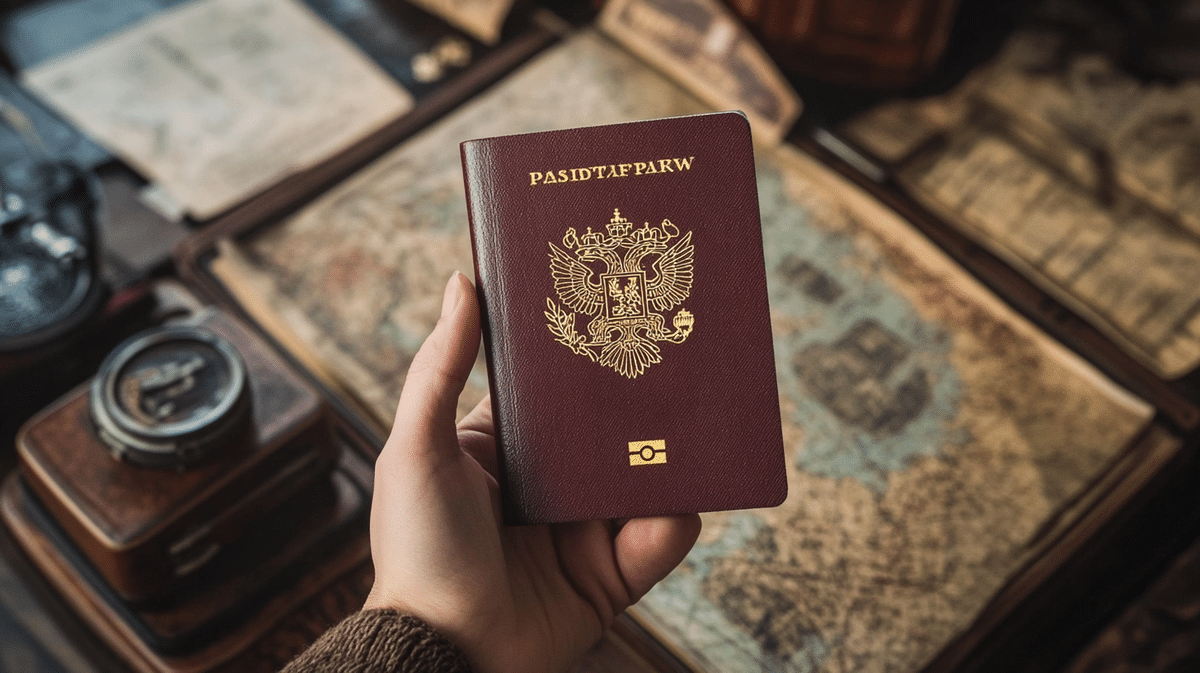In an increasingly globalized world, the allure of holding multiple citizenships is stronger than ever. For many individuals with Polish ancestry, the opportunity to obtain a Polish passport by descent offers not only a connection to their heritage but also the practical benefits of European Union citizenship. This process, while rewarding, requires a thorough understanding of Polish nationality laws and the ability to prove one’s lineage. This article delves into the intricacies of acquiring a Polish passport through descent, providing a detailed roadmap for those interested in exploring their Polish roots and securing their place as a citizen of Poland.
Understanding Polish Citizenship by Descent
Polish citizenship by descent is governed by the principle of “jus sanguinis,” or the right of blood. This means that citizenship is passed down through the family line, regardless of where an individual is born. To qualify for a Polish passport by descent, one must demonstrate that they have Polish ancestors and that these ancestors did not lose their Polish citizenship before the applicant’s birth. This can be a complex process, as it involves tracing family history and navigating Polish legal requirements.
The first step in this journey is to gather as much information as possible about your Polish ancestors. This includes birth certificates, marriage certificates, and any other documents that can establish a clear line of descent. It’s important to note that Polish citizenship laws have evolved over time, and different rules may apply depending on when your ancestors left Poland or acquired citizenship in another country. Therefore, understanding the historical context of your family’s migration is crucial.
Proving Your Ancestry for a Polish Passport
Proving your ancestry is a critical component of the application process for a Polish passport by descent. This involves collecting and presenting a variety of documents that establish your familial connection to Poland. Key documents include birth, marriage, and death certificates of your Polish ancestors. These documents must be official and, in many cases, translated into Polish by a certified translator.
In addition to vital records, other documents such as old passports, military records, and naturalization papers can be instrumental in proving your ancestry. It’s essential to demonstrate that your ancestors maintained their Polish citizenship and did not renounce it or acquire another nationality that would have led to the loss of their Polish citizenship. This can be particularly challenging if your ancestors emigrated during periods of political upheaval or war.
For those seeking professional assistance, services like https://lexmotion.eu/polish-passport/ offer expert guidance in navigating the complexities of Polish citizenship law. These services can help applicants compile the necessary documentation, verify its authenticity, and submit it to the appropriate Polish authorities.
The Application Process and Legal Considerations
Once you have gathered all the necessary documentation, the next step is to submit your application to the Polish consulate or embassy in your country of residence. The application process involves filling out specific forms, providing your collected documents, and sometimes attending an interview. It’s important to be thorough and precise in your application to avoid delays or rejections.
Legal considerations are also a significant aspect of obtaining a Polish passport by descent. Polish citizenship laws can be intricate, and changes in legislation over the years may affect your eligibility. For instance, Poland’s citizenship laws have undergone several amendments, particularly after World War II and the fall of communism. Understanding these legal nuances is crucial, and consulting with a legal expert specializing in Polish citizenship can be beneficial.
Successfully obtaining a Polish passport by descent not only grants you the rights and privileges of Polish citizenship but also opens the door to the European Union, offering opportunities for travel, work, and residence across member states. This process, while potentially complex, is a rewarding endeavor for those wishing to reconnect with their Polish heritage and embrace the benefits of dual citizenship.

